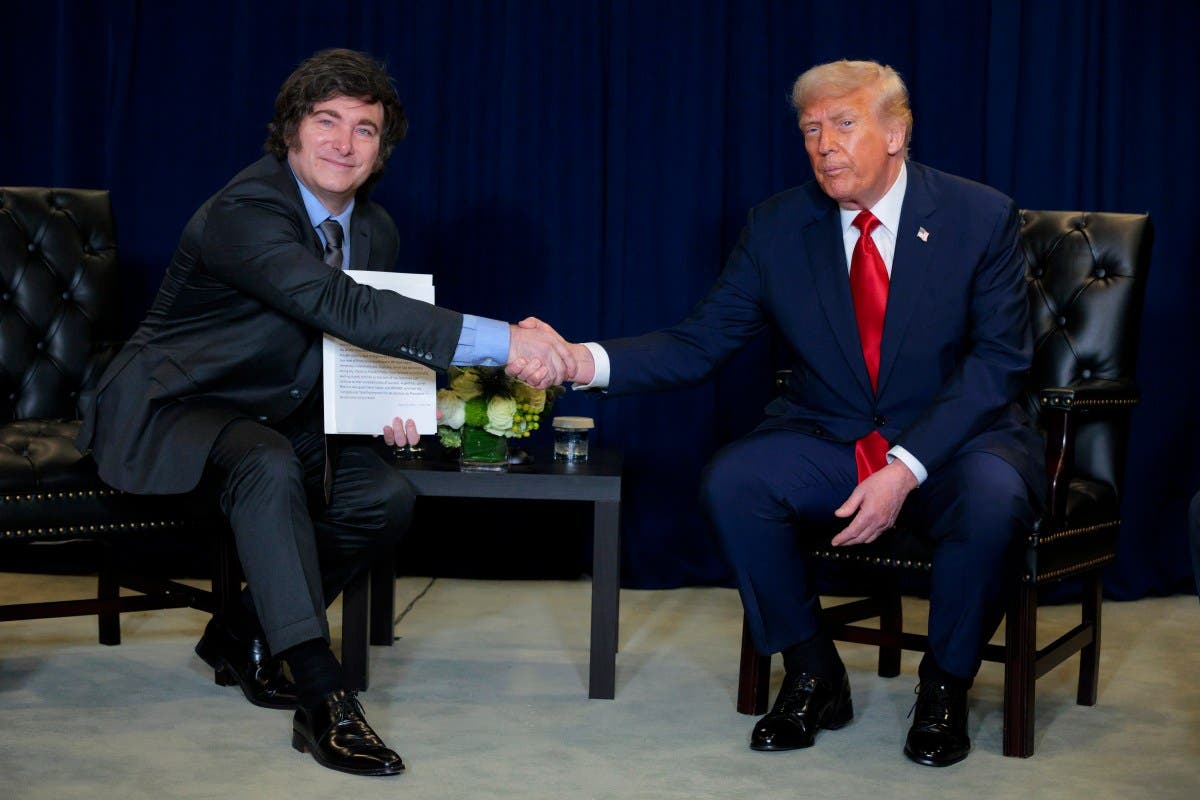The attack on the Russian Bryansk region from Ukraine, using U.S.-supplied ATACMS missiles is a signal that the West wants to escalate the Ukraine conflict, Russian Foreign Minister Sergey Lavrov said Tuesday.
The minister, who was speaking in Rio de Janeiro at the G20 Summit, told reporters: “The fact that ATACMS were used repeatedly in the Bryansk region overnight, is of course, a signal that they want escalation.”
In response, a U.S. official told Newsweek: “This is more of the same irresponsible rhetoric from Russia which we have seen for the past two years. As we said to Russia weeks ago, Russia’s use of DPRK soldiers in combat operations against Ukraine presents a significant escalation of its war of choice against Ukraine and we warned that the United States would respond.”
“As we have observed no changes to Russia’s nuclear posture, we have not seen any reason to adjust our own nuclear posture in response.”
ROMAN PILIPEY/AFP via Getty
Newsweek has reached out to the Ukrainian Defense Ministry via email for comment.
“Without the Americans, it is impossible to use these high-tech missiles, as Putin has repeatedly said,” Lavrov added.
On Tuesday, Russia said that Ukraine had fired six of the American-made ATACMS missiles into its Western Bryansk region, according to The New York Times, who cited top U.S. and Ukrainian officials.
Earlier in the day, a Russian drone attack on the northeastern Sumy region had resulted in the deaths of seven people, including a child.
Newsweek has reached out to the White House via email for comment.
Ukraine’s missile attack comes two days after President Biden allowed Kyiv to fire the ATACMS deep into Russian territory, marking a significant reversal in America’s policy.
Ukraine had previously spent months urging the U.S. to authorize such long-range strikes. The White House had resisted due to fears of escalation, but Moscow’s decision to deploy North Korean soldiers to Ukraine has reportedly changed the administration’s thinking.
Tuesday, November 19 marks 1,000 days of Russia’s full-scale invasion of Ukraine. Ukrainian President Volodymyr Zelensky addressed the European Parliament, and in a video shared on X, formerly Twitter, he said: “Every ‘today’ is the best moment to push Russia harder.
“It is clear that without certain key factors, Russia will lack real motivation to engage in meaningful negotiations: without fires in its ammunition depots on Russian territory, without disrupted military logistics, without destroyed Russian air bases, without its capabilities to produce missiles and drones being eliminated, and without its assets being confiscated.”
He continued: “We must do everything to end this war—fairly, justly, and, of course, together. A thousand days of war is a tremendous challenge. Ukraine deserves to make the next year the year of peace.”
NATO member states will be making individual decisions on authorizing Ukraine to fire long-range weapons into Russia. Ahead of a meeting of the European Union‘s Foreign Affairs Council and Defense Ministers in Brussels, Mark Rutte, NATO‘s secretary-general told reporters: “It’s up to an individual ally to decide what they do.”
A number of NATO allies issued statements in solidarity with Ukraine today, including Poland, France and Lithuania. Speaking at the G20 summit in Brazil, France’s President Emmanuel Macron, said that Biden’s move to authorize long-range missiles was a “good decision.”
A defiant statement was issued by the Ministry of Foreign Affairs in Kyiv as the country marked the 1,000 days of war. It stated: “Ukraine will never submit to the occupiers, and the Russian military will be punished for violating international law.”
Newsweek has reached out to the Kremlin via email for comment.
Do you have a story we should be covering? Do you have any questions about this story? Contact LiveNews@newsweek.com.


